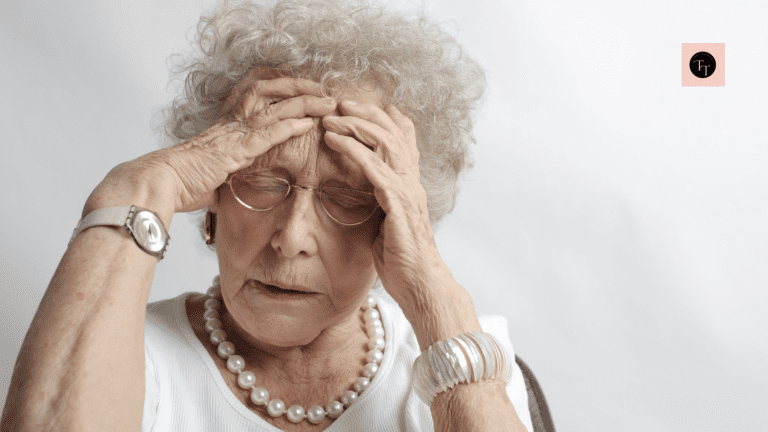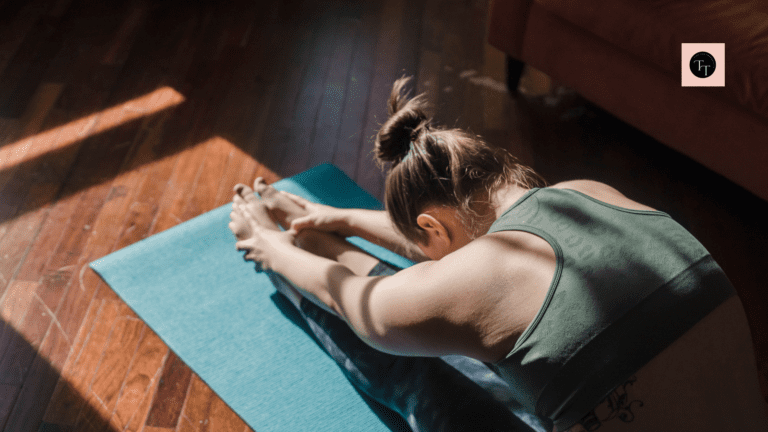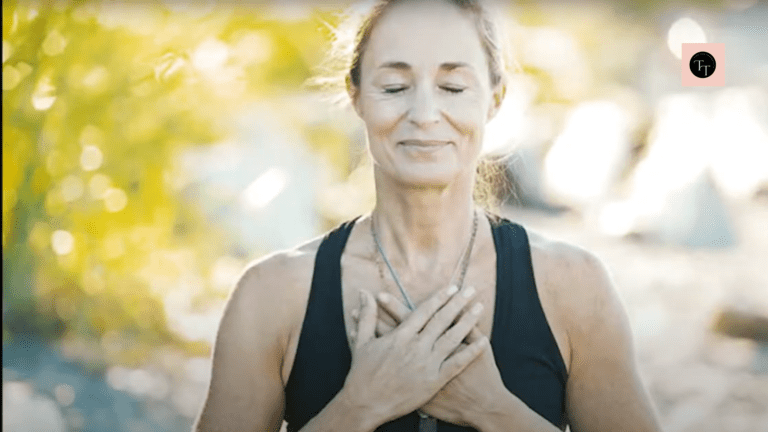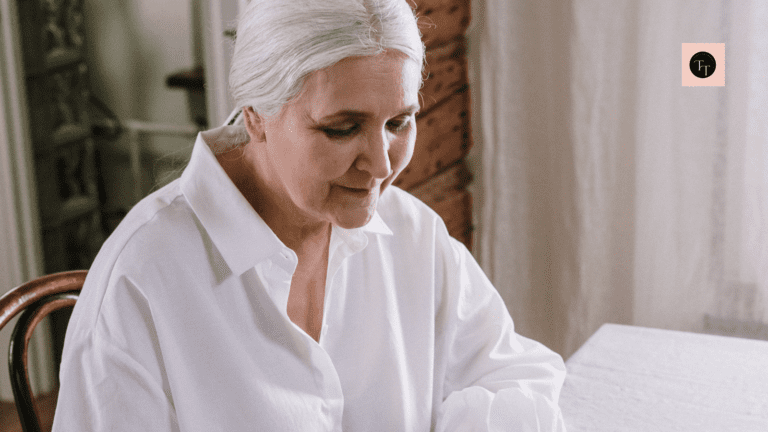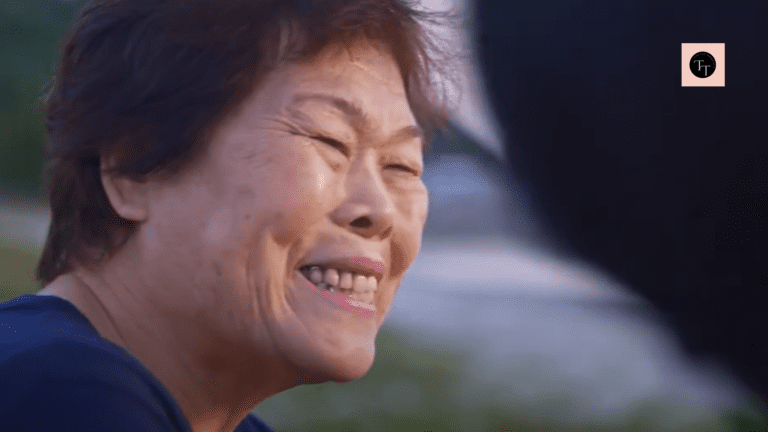Embrace Mindfulness and Resilience for a Graceful Life!
Life can be challenging, especially as you age. You may have regrets, feel empty, and be anxious about the future. However, mindfulness and resilience are practices and qualities that can help you navigate these choppy waters and discover tranquility and joy in your golden years.
Mindfulness is about being present in the moment. It helps you be aware of your thoughts and feelings without judgment.
Resilience is your ability and willpower to bounce back from difficulties.
In this article, I want to empower you to understand and practice mindfulness to build resilience. I want you to awaken your inner power to live a more meaningful and purposeful life! With mindfulness and resilience, you can do it.
Understanding Mindfulness
“Mindfulness is the energy that helps us recognize the conditions of happiness that are already present in our lives.” – Thich Nhat Hanh
What is Mindfulness?
Mindfulness means paying attention to the present moment. It’s about noticing what you feel, think, and experience in the present moment. It is the art of living in the “here and now”.
Mindfulness brings calmness, tranquility, and clarity to your mind. Instead of dwelling on past regrets or future worries, mindfulness helps you focus on the present.
The Roots of Mindfulness
Mindfulness has its roots in ancient spiritual practices, especially Buddhism. Monks used it to develop awareness and peace. Over time, these teachings spread and became popular in many cultures.
Today, people everywhere use mindfulness to improve their mental health and well-being. Universities research mindfulness, scholars and spiritual leaders write about it and it is widely discussed and debated in social circles.
Relevance for Seniors
Mindfulness is especially relevant to seniors who have to face several new challenges. It helps reduce anxiety, manage life transitions, and foster emotional well-being. By staying grounded in the present, they can find peace, ease overthinking, and enjoy life’s simple moments with greater clarity.
Less Anxiety
Practicing mindfulness can significantly reduce anxiety. By focusing on the present, you learn to let go of worries about the future. This leads to greater emotional well-being.
Many seniors find that mindfulness helps them feel calmer and more at peace with themselves and their surroundings.
Better Physical Health
Mindfulness can also improve your physical health by reducing stress. When you are less stressed, your body feels and performs better. Quality of sleep improves and there is a reduction in blood pressure.
Taking time for mindfulness can help you feel more energetic and vibrant, allowing you to enjoy life to the fullest.
Clearer Thinking
Mindfulness helps improve mental clarity and focus. When you practice being present, your mind becomes less cluttered. This can make it easier to remember things and make decisions.
Mindfulness teaches you to observe your thoughts and emotions, without judgment or attachment. You will find that everyday tasks feel more manageable and enjoyable.
A Few Examples of Mindfulness Exercises
Understanding the 4 Foundations of Mindfulness is key to understanding Mindfulness itself. We cultivate a deeper connection with ourselves and others, by being mindful of our body, feelings, mind, and dhammas.
Mindfulness, as a practice, is all-encompassing. It can be applied to any daily activity. Here are just 3 examples of mindfulness exercises to illustrate the point:
Breathing Exercises
Pranayama, a Yogic practice from India, and Vipassana, a Meditative practice from Buddhism are both breathing exercises, in their own right. They help develop Mindfulness but in slightly different ways.
Integrating Pranayama and Meditation into your daily routine can help you find peace and purpose, especially if you feel anxious about the future.
Mindful Walking
Mindful walking is another simple exercise. When you walk, pay attention to each step. Feel your feet touching the ground and notice the rhythm of your movement. Observe the sights, sounds, and smells around you.
This practice of Walking Meditation turns a regular walk into a mindful experience, helping you connect with nature and the present moment. There are at least 17 Walking Meditation Benefits!
“Walk as if you are kissing the Earth with your feet.” – Thich Nhat Hanh
Journaling
Journaling, especially making it a gratitude ritual, is a wonderful way to reflect on your thoughts and feelings. Set aside time each day to write about what you’re grateful for or how you feel.
This can help clear your mind and deepen your understanding of yourself. Writing can be a powerful tool for self-discovery and mindfulness.
Exploring Resilience
Resilience is an important characteristic of any human being. Both, physical and mental resilience are required to cope with life’s many challenges.
Resilience is the ability to bounce back from the setbacks in life. It means facing difficulties and finding ways to overcome them. Instead of feeling defeated, resilient people adapt and move forward. This strength helps them handle stress and recover from setbacks.
Why Resilience Matters for Senior Women
Resilience is even more important for senior women. Aging brings many changes, like retirement, living alone in an empty nest, or losing loved ones. These events can be tough to navigate.
Resilience helps you cope with these changes, allowing you to find new paths and opportunities. Building resilience fosters a positive outlook on aging.
Instead of worrying and fearing the future, you can embrace it with hope and confidence. By developing resilience, you can face uncertainties with strength, making your golden years more fulfilling and joyful.
“I can be changed by what happens to me. But I refuse to be reduced by it.” – Dr. Maya Angelou
Mindfulness and Resilience Relationship
Mindfulness strengthens resilience in senior women by fostering self-awareness, reducing stress, and helping them stay present. This empowers them to adapt to life’s transitions with grace and emotional balance.
How Mindfulness Builds Resilience
Mindfulness helps you stay present, which is key to managing stress. When you focus on the moment, you can better understand your feelings and reactions. This awareness allows you to respond calmly instead of reacting out of fear or anxiety.
For example, during tough times, mindfulness can help you make thoughtful decisions rather than impulsive ones. By taking a moment to breathe and reflect, you can choose a path that aligns with your values.
A Few Examples of Mindfulness Practices that Enhance Resilience
There are specific mindfulness practices that can boost your resilience.
One effective technique is visualization. Imagine yourself overcoming obstacles and achieving your goals. This mental exercise can build confidence and prepare you for the challenges ahead.
Another powerful practice is gratitude. Take time each day to reflect on what you are thankful for. There are 31 Simple Ways to Practice Gratitude in Your Golden Years!
Focusing on positive aspects of life can shift your mindset and help you see the silver lining in difficult situations. This practice fosters resilience by reminding you of the good in your life, even when times are tough.
I highly recommend you to Embrace Mindfulness and Gratitude to Transform Your Life!
In Conclusion
Incorporating mindfulness and resilience into your daily life will bring joy and fulfillment, instead of misery and agony in your golden years. The practice of mindfulness reduces anxiety, improves health, and enhances your mental clarity. Resilience empowers you to face life’s challenges with strength and grace.
Embrace each moment, nurture your spirit, and thrive in the beautiful chapter of life that lies ahead.

